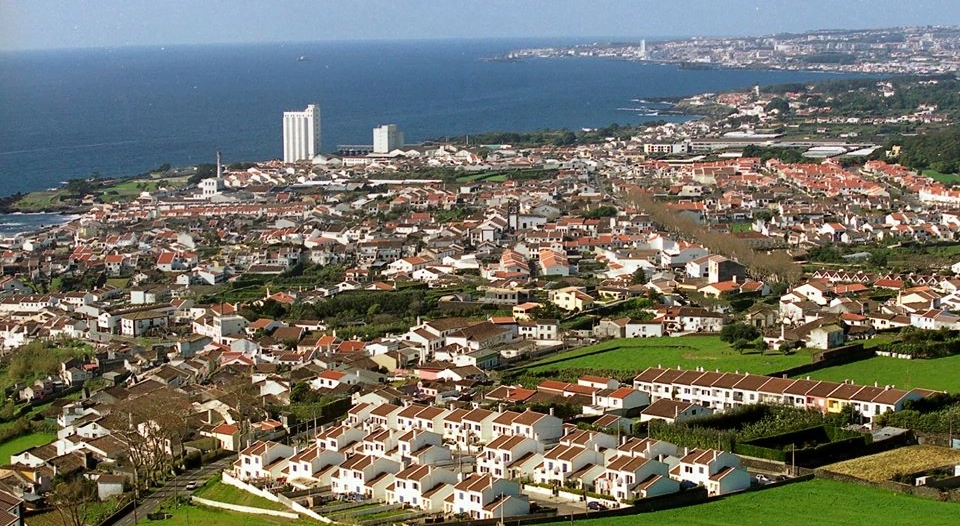Sustainable mobility plan for Lagoa, Azores

The Sustainable Mobility Plan for the city of Lagoa, Azores, aimed to provide a concerted and congruent strategy that could diagnose Lagoa’s mobility and transport system, while triggering a strategy and a set of goals in order to increase the mobility and enhance the territory as an accessible, attractive and more sustainable one. The city of Lagoa is located in the Autonomous Region of the Azores (RAA), on the island of São Miguel, just 9 km away from its capital Ponta Delgada.
The Sustainable Mobility Plan for the city of Lagoa was developed in three phases. Phase 1 corresponded to characterisation and diagnosis, consisting of a summary description of the accessibility and mobility systems, encompassing the existing transport modes, their articulation with each other, their relationship with the land use planning, as well as their impact on the quality of the urban environment.
Phase 2 was dedicated to design scenarios (BAU – Business As Usual, Intermediate and Proactive) that allowed to rethink and plan the future of the transport system and citizens’ mobility, resulting in the consensualisation of a global mobility strategy at short, medium and long term.
Phase 3 involved the operational translation of the mobility strategy, through the development of an articulated set of 26 measures for technical, political and infrastructural interventions, as well as a cross-analysis of the contribution of each of the proposals to the strategic objectives, including targets and monitoring indicators.
Related case studies
All case studies
Mobility and transport plan for the World Youth Day, Lisbon 2023
The Portuguese Government established a team to coordinate and prepare many of the aspects of the World Youth Day 2023, in Lisbon. WYD is the largest Catholic event, bringing together hundreds of thousands, even millions, of young people from all over the world for various meetings with the Pope. VTM was chosen to develop the […]

Sustainable Urban Integrated Transport Systems: Transferable tools for S-M local authorities (SUITS)
Previous EU projects identified systematic failures in the capacity of local authorities and their partners – lack of infrastructure, critical mass and resources and poor data collection and analysis. This capacity deficit is a handicap in implementing sustainable transport measures, causing the loss of social and economic well-being for citizens. Withtechnological and mobility changes, there […]
